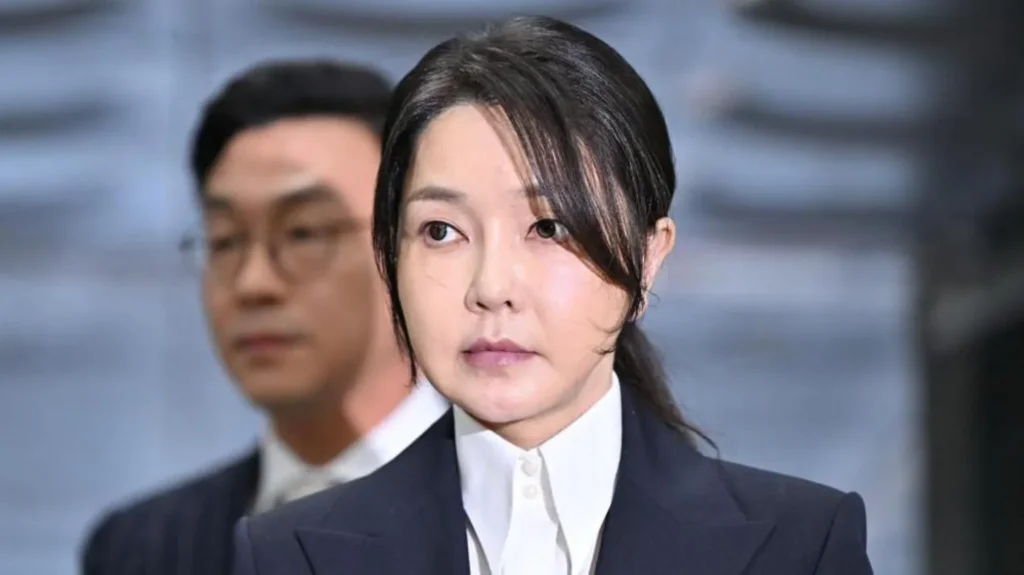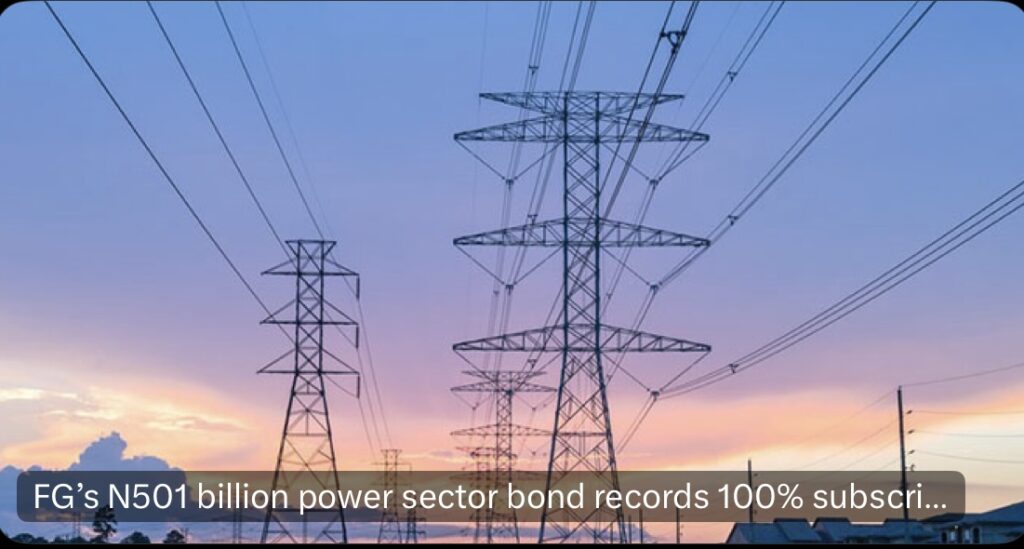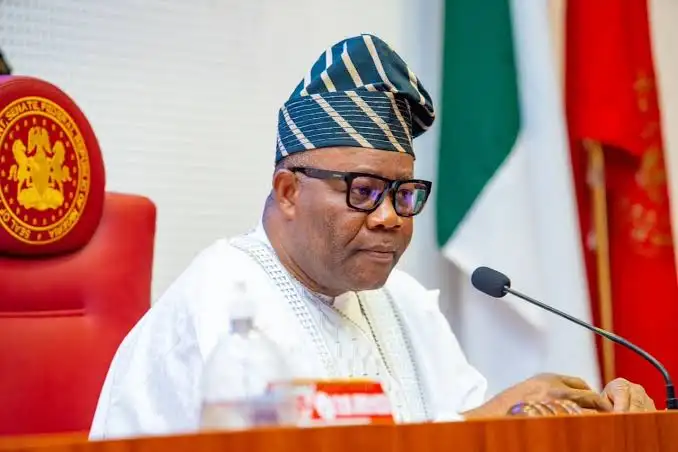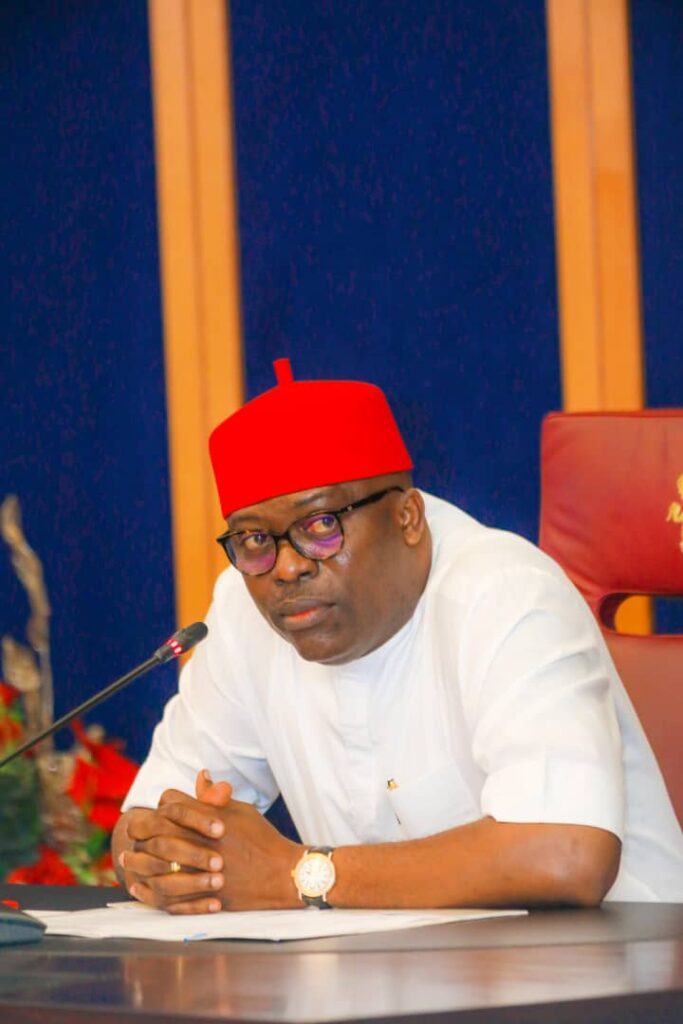El-Rufai Now Politically Homeless as Kaduna SDP Disowns His Membership
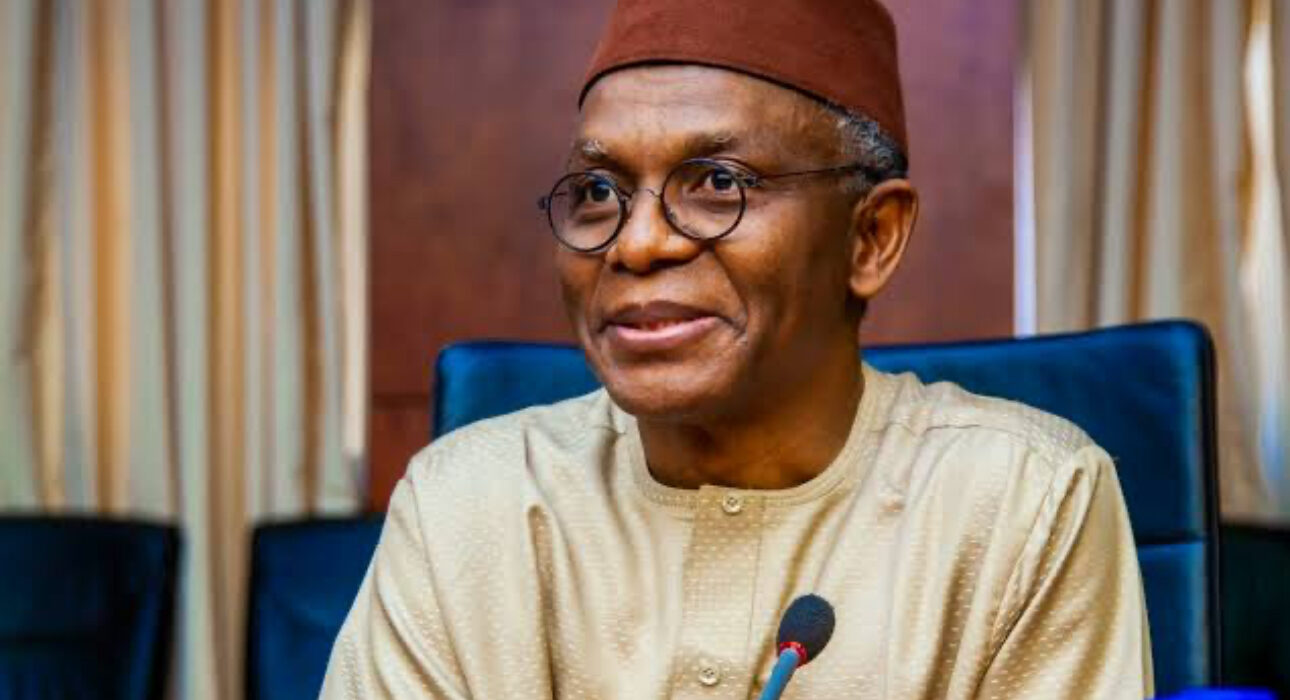
The Kaduna State Social Democratic Party (SDP) has disowned former Kaduna State governor, Nasir El-Rufai, stating that he is not a recognized member of the party.
The disownment is coming at a time of heightened tensions and internal rebellion in the SDP, after El-Rufai defected from the All Progressives Congress (APC) to the party.
El-Rufai’s decision to join the SDP has sparked outrage within various factions of the party. The SDP Youths and Supporters Coalition, a significant wing of the party, publicly rejected his membership, describing him as “unfit and morally unqualified” for any leadership role within the party. They accused him of an “anti-democratic record” during his tenure as governor of Kaduna State, citing his controversial policies and actions that they claim were detrimental to democracy.
In a statement, the group further expressed concerns that El-Rufai’s defection might be part of a larger strategy to seize control of the SDP for his personal political ambitions. They warned that such an action could destabilize the party, which has traditionally positioned itself as a democratic alternative in Nigerian politics.
Adding to the controversy, members of the SDP Integrity Group, another faction within the party, have condemned reports suggesting El-Rufai’s potential appointment as the party’s leader. In a scathing statement, the group labeled these reports as “vexatious and ill-advised,” warning against imposing him as a leader.
They emphasized that the SDP should not become a refuge for renegades seeking to escape accountability for their past political actions.
The Integrity Group stressed that El-Rufai’s inclusion in the party must not result in a “backdoor takeover,” as the party must remain true to its founding values of democracy, integrity, and transparency.
The group’s stance reflects the broader concerns within the party about El-Rufai’s past record and his influence on the party’s future.
The internal conflict within the SDP has also drawn reactions from outside the party. Deputy Senate President, Jibrin Barau, criticized the SDP for its recent instability, especially with the defection of several prominent chieftains of the party to the APC. Barau suggested that El-Rufai’s involvement with the SDP could further contribute to the party’s fragmentation, making its goal of challenging the APC in the 2027 elections increasingly unfeasible.
Barau also raised issues with the party’s capacity to position itself as a credible opposition to the APC, arguing that the loss of major players and the internal conflicts within the SDP would prevent any hope for success in the next election cycle.
The political storm over the defection of Nasir El-Rufai to the Social Democratic Party has created a large amount of discontent within the party, with main factions strongly resisting his participation.
As the situation unfolds, it remains to be seen how these internal conflicts will impact the SDP’s future and its ability to position itself as a formidable force in Nigerian politics. For now, the party’s leadership faces increasing pressure to address concerns over El-Rufai’s role and to restore unity within the ranks.


